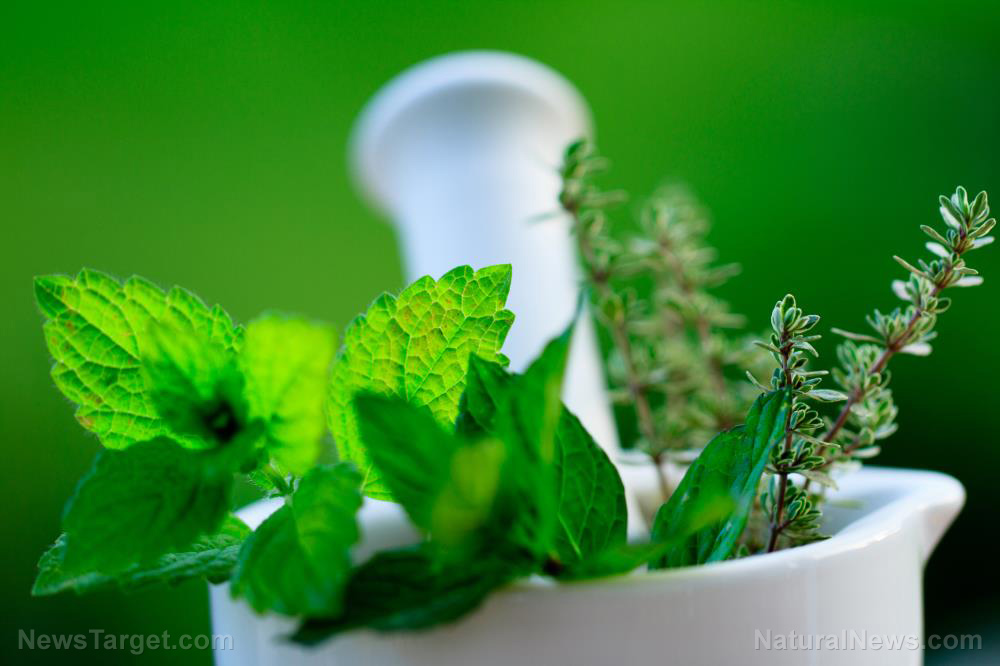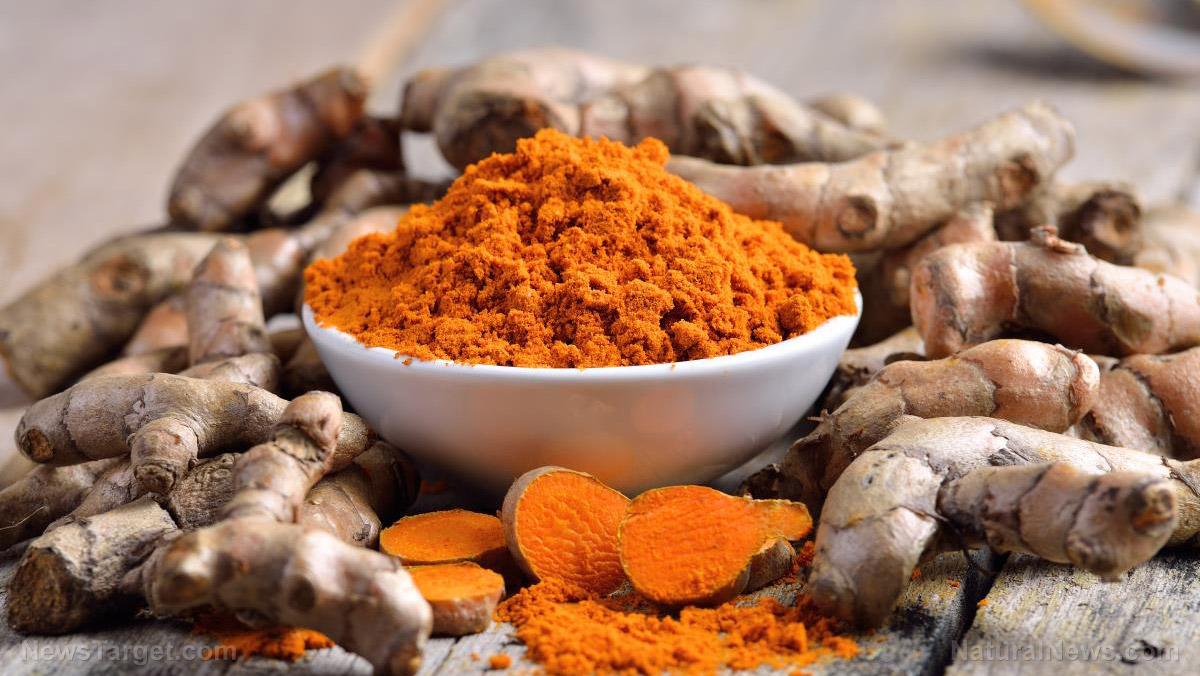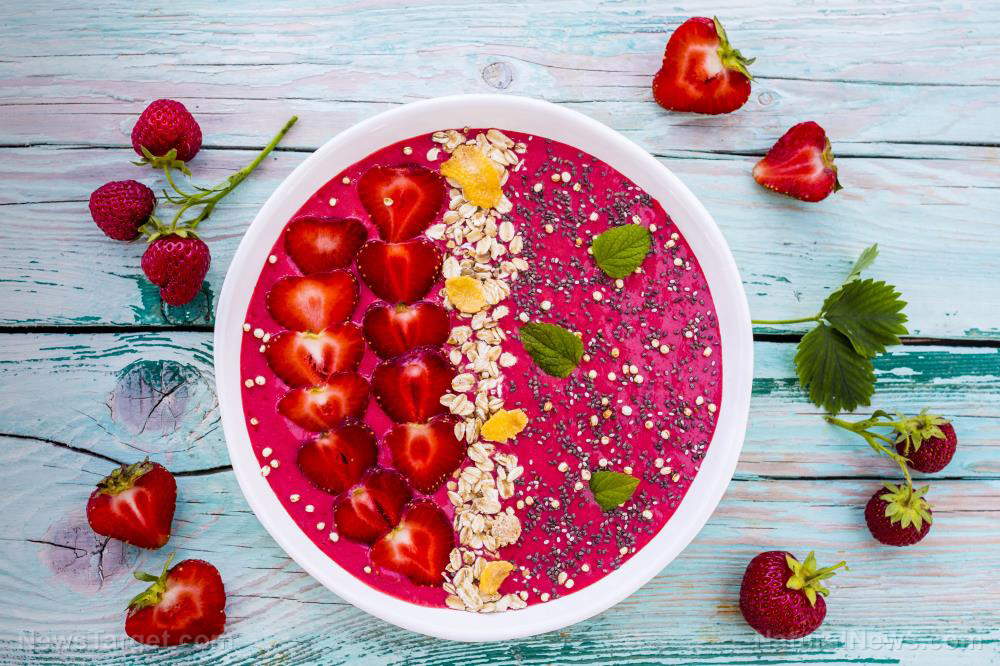Understanding how niacin treats high cholesterol levels
11/27/2020 / By Virgilio Marin

Niacin is a B vitamin commonly used by your body to turn food into energy. It is also known as vitamin B3 and helps keep your nervous system, digestive system and skin healthy. As a supplement, niacin may help ease arthritis, boost brain function and reduce oxidative stress and inflammation, among many other benefits.
Studies also show that niacin can improve cholesterol levels. In fact, it is the first medication to lower cholesterol levels, the first to reduce heart attacks and the first to lower long-term mortality rates related to heart disease. Read the evidence below to learn more about niacin’s effect on your cholesterol levels.
Treating high cholesterol with niacin
Niacin has two main chemical forms, namely nicotinic acid and niacinamide. Both forms are found in foods and supplements but each of them has different effects on your body. Niacinamide can help treat psoriasis and reduce your risk of non-melanoma skin cancer but it cannot lower cholesterol levels.
Meanwhile, nicotinic acid can improve all aspects of your lipid profile: Studies show that it can reduce low-density lipoprotein (LDL) cholesterol and triglyceride levels by up to 20 and 50 percent, respectively, and raise your high-density lipoprotein (HDL) cholesterol levels by up to 35 percent. High levels of HDL cholesterol can lower your risk of heart disease and stroke while LDL cholesterol and triglycerides can increase your risk of these conditions.
Though it’s still unclear how niacin improves cholesterol levels in the body, many studies suggest that it reduces the number of proteins carrying bad cholesterol in the bloodstream.
Nicotinic acid is widely accessible to patients without a prescription but must not be used to lower cholesterol levels without the recommendation and monitoring of a physician. It has to be taken in doses higher than the vitamin requirement, and this may have potential side effects, including flushing, headaches, itching and nausea. Pregnant women and people with allergies, thyroid disorders, diabetes, gout, low blood pressure or liver problems should be careful about taking niacin at higher doses.
However, nicotinic acid offers a viable alternative for people who do not respond well to statins. Patients on nicotinic acid are usually started on low doses and gradually increased to an average daily dose of 1,500 to 3,000 milligrams per day. (Related: Lower your cholesterol naturally with these nutrients.)
Scientists are also exploring ways to minimize the side effects of niacin. In fact, one recent form of nicotinic acid is being touted for its ability to alleviate side effects commonly seen with other forms. Flush-free niacin is also known as inositol hexaniacinate and was previously found to widen the blood vessels. Keep in mind that efficacy studies on flush-free niacin are still ongoing.
Increasing your intake of niacin
The body is not able to produce niacin and the vitamin is water-soluble, which means your body cannot store excess niacin for later use. Consequently, you’ll have to ensure that your niacin intake is constant.
Consume more niacin-rich foods like tuna, peanuts, avocados, mushrooms, potatoes, whole wheat and meats like chicken breast. The recommended daily amounts of niacin are 14 to 16 mg a day for adult men and women.
It also pays to exercise regularly, avoid stress and quit smoking while taking niacin, especially if you’re using the vitamin to treat high cholesterol levels.
Learn more about the health benefits of niacin at Nutrients.news.
Sources include:
Submit a correction >>
Tagged Under:
alternative medicine, cardiovascular health, disease treatments, food cures, food is medicine, HDL cholesterol, heart disease, heart health, high cholesterol, LDL cholesterol, longevity, natural cures, natural medicine, niacin, nicotinic acid, supplements, triglycerides
This article may contain statements that reflect the opinion of the author
RECENT NEWS & ARTICLES
PlantMedicine.News is a fact-based public education website published by Plant Medicine News Features, LLC.
All content copyright © 2018 by Plant Medicine News Features, LLC.
Contact Us with Tips or Corrections
All trademarks, registered trademarks and servicemarks mentioned on this site are the property of their respective owners.





















